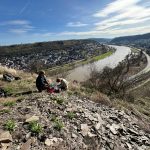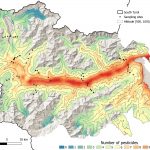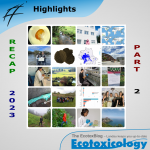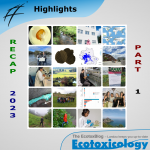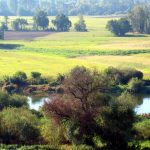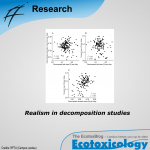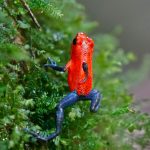Do you want to develop new sustainable plant protection products based on microorganisms and their metabolites? The University of Basel has an open position for a 4-year PhD position to work on new crop protection products.
Continue readingPhD position ‘Harnessing compost microbes for new crop protection products against foliar diseases’


